The seminar entitled "Countryside under data fire" was held as part of the important agricultural exhibition Země Živitelka in the meeting room of the Regional Chamber of Agriculture in pavilion R3 at the Exhibition Center in České Budějovice on Thursday, August 22, 2024. The event was co-organized by partners Plan4all, the Czech Center for Science and Society and the WirelessInfo association. A total of three European projects were presented at the event - Data4Food2030, THEROS and PoliRuralPlus.
Markéta Kollerová from Plan4all outlined the program of her speech and started with a presentation of the PoliRuralPlus project, highlighting its aim to increase the attractiveness of rural regions across Europe through modern technologies and artificial intelligence. PoliRuralPlus, a project funded by the European Union under the Horizon Europe program, aims to support sustainable, balanced and inclusive development in both rural and urban communities. Markéta emphasized that the project is part of the Horizon Europe family, which is known for being the largest and most ambitious research and innovation program with a budget of 96 billion euros for the period 2021-2027. The PoliRuralPlus project received funding in the amount of 6.2 million euros. The project is coordinated by the Faculty of Information Technologies of the Czech Technical University in Prague. Markéta Kollerová mentioned the university's extensive experience in national and international projects, noting that it has over 17,000 students and offers more than 250 study programs. The university is responsible for the overall coordination of the project, including the development and testing of the technologies used in the project. Another key partner is the Czech Center for Science and Society (CCSS), which cooperates with universities, research organizations and private companies focusing on big open data. Markéta then also presented Plan4all, a non-profit organization that deals with open data and its transfer into practice, including organizing hackathons to collect ideas and challenges. She explained that within the PoliRuralPlus project, Plan4all is responsible for a work package called Financial Support to Third parties - Open Calls, which aims to transfer part of the project budget to regional projects. Of the 6.2 million euros, almost 1 million euros are allocated to smaller projects in various regions.
The PoliRuraPlus project involves 20 partners from 13 European countries, bringing together expertise from agricultural universities, technology companies and local government. The main goal of the project is to support the development of rural and urban locations using technologies such as artificial intelligence, machine learning, geographic information systems and the Internet of Things. Markéta presented the project's digital information hub, which serves as an interactive platform for project partners and other stakeholders to share experiences and access large data sets. She mentioned several technical solutions used in the project, including the Multiactor Approach Tool for managing stakeholder databases, the Map Whiteboard for collaborative real-time map creation, and the Rural Attractiveness Explorer for measuring regional attractiveness.
The meeting then focused on the upcoming open calls that offer significant funding opportunities for innovative regional projects. Markéta described four challenges: Outreach, Mobilize, Develop and Enhance. The Outreach call, which is already underway, provides financial support of up to €5,000 for nine projects. Launching in January 2025, the Mobilize call will fund nine projects of up to €10,000 each, focusing on using artificial intelligence to improve urban-rural interactions. The Develop call, offering up to €100,000, aims to support the development of new solutions, while the Enhance call, with funding of up to €25,000, seeks to improve existing solutions. Markéta emphasized the importance of involving local partners in these challenges and encouraged participants to spread the word and connect potential stakeholders with the project. She explained that the application process is straightforward and involves a simple form and submitting a project proposal through the PoliRuralPlus digital innovation hub. Projects will be assessed on the basis of objectives, results and implementation, with successful applicants receiving support to start their projects. The meeting ended with a reminder of the project's goals and the opportunities available through open calls and encouraging participants to consider how they could contribute to the success of the project.
The end of the meeting was devoted to a discussion, where the participants asked about specific aspects of the project and open calls. Some participants expressed an interest in information on obtaining financial support for projects that transfer experience and encourage interaction between urban and rural areas.
The seminar took place in a very pleasant and relaxed atmosphere. The participants received small refreshments and took away leaflets from individual projects as well as contacts for specific project managers that they can contact in the future.
The meeting was attended by over 20 participants from various organizations, interest associations, the Ministry of Agriculture and the Technology Center of the Czech Republic, local governments, Local Action Groups, representatives of tourist areas and other trade unions.
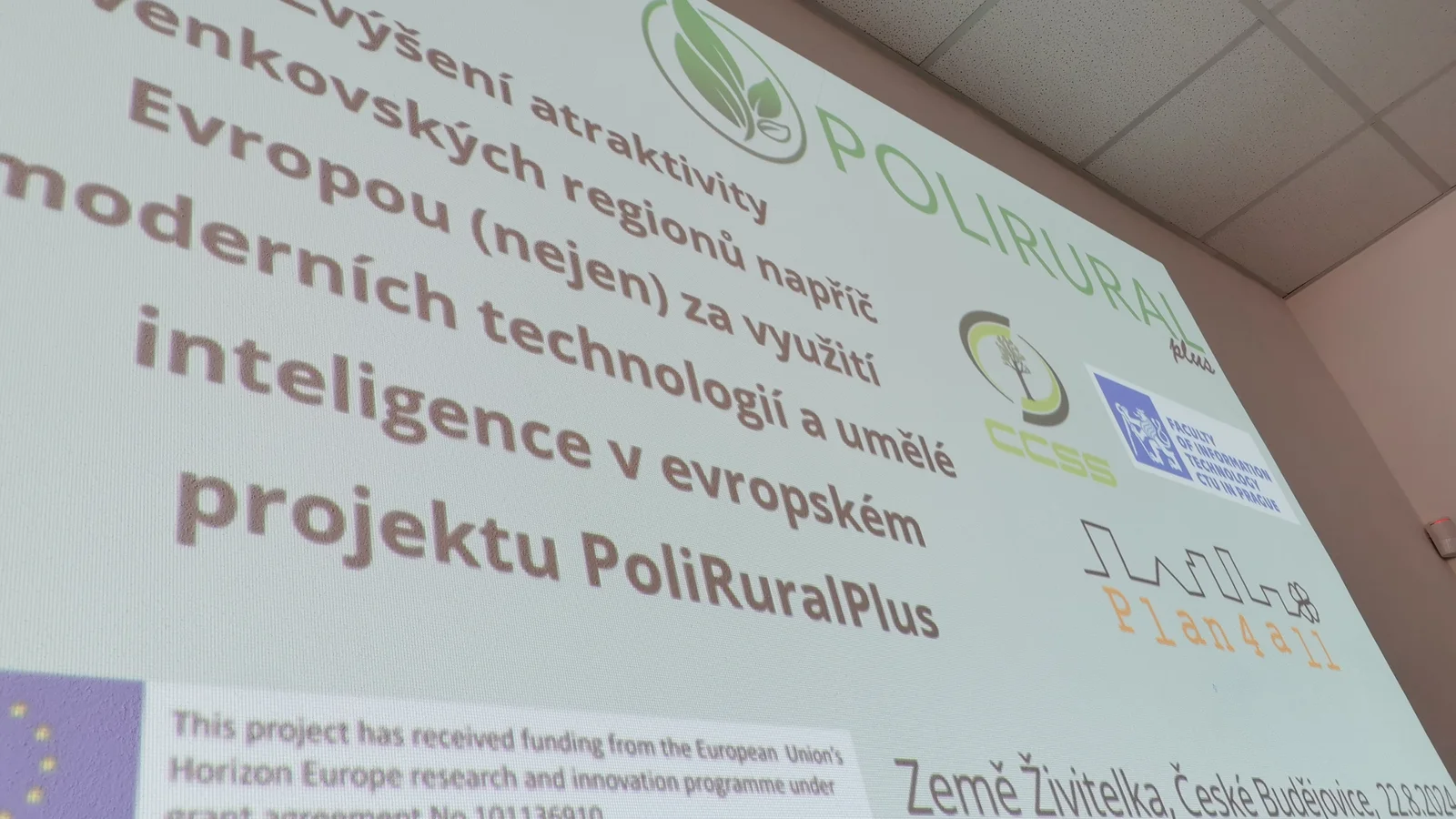
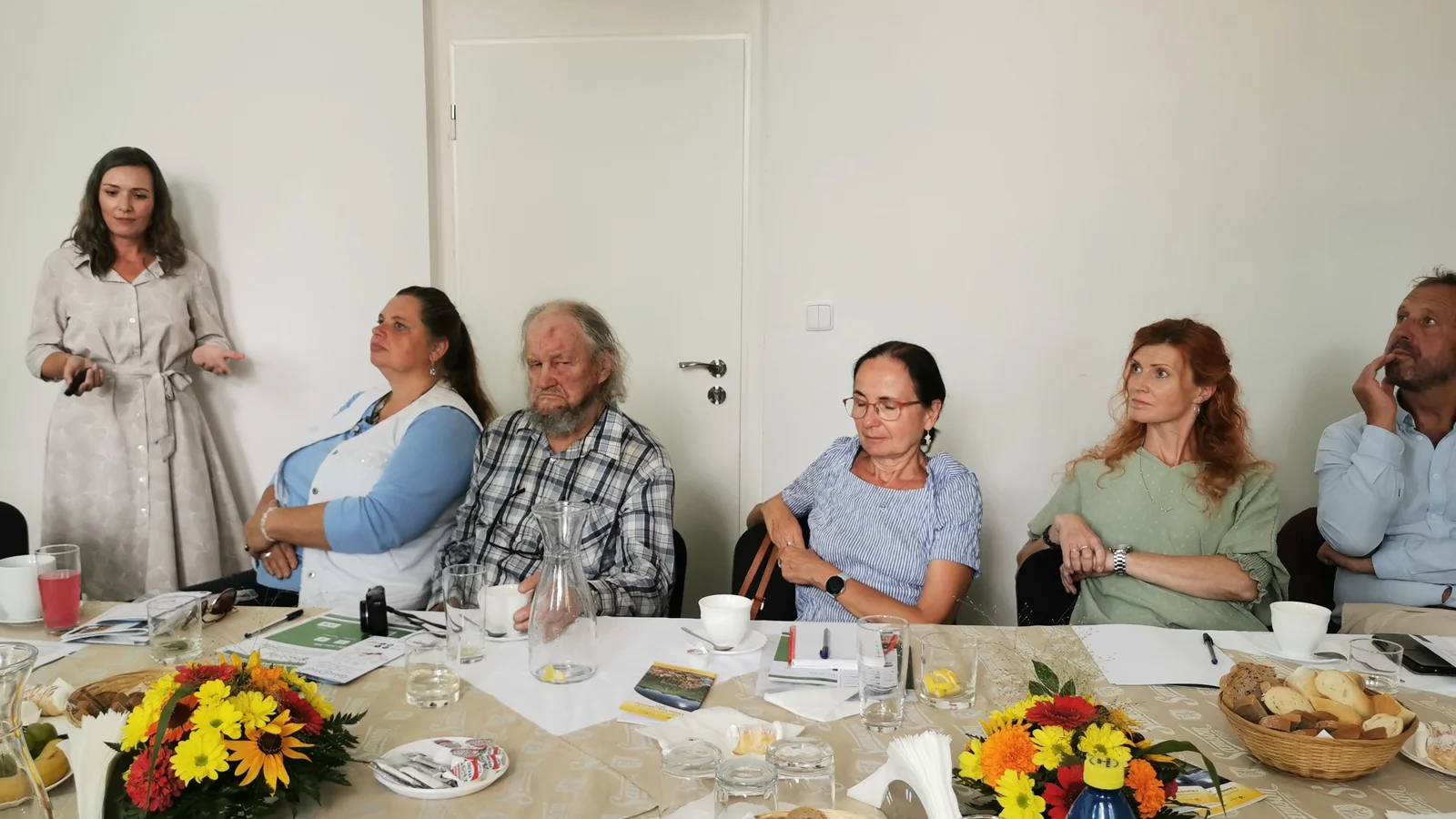
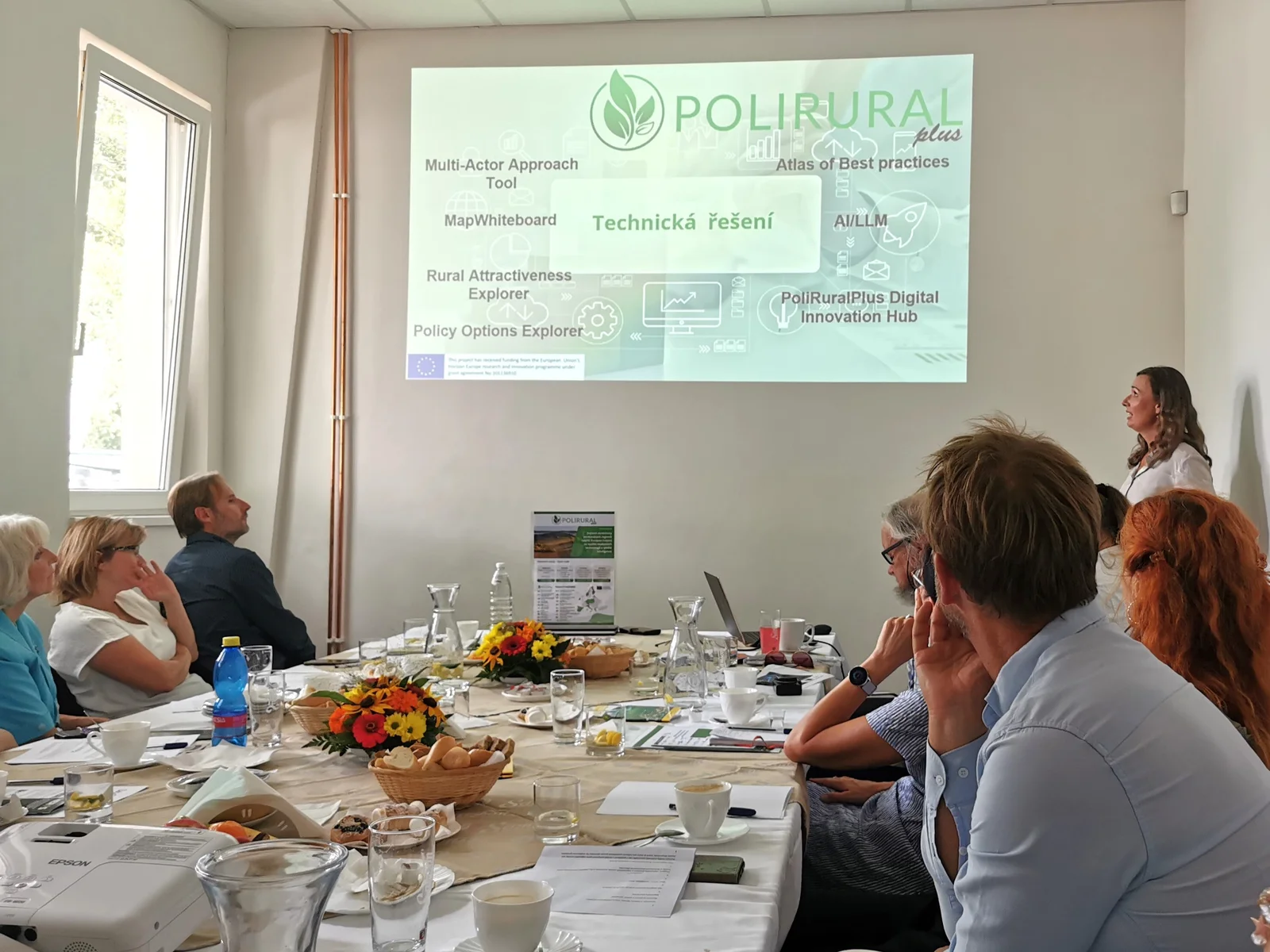
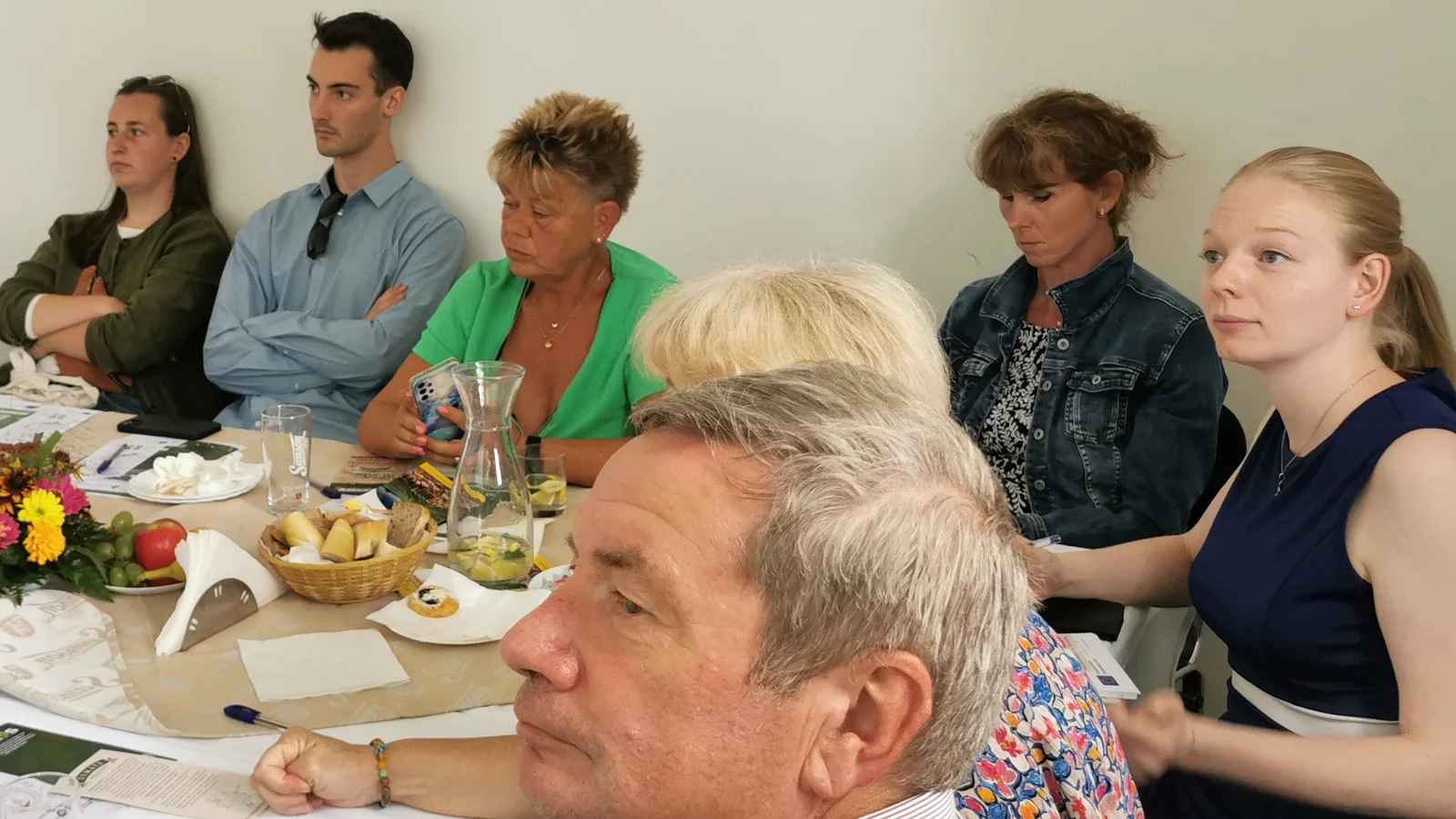
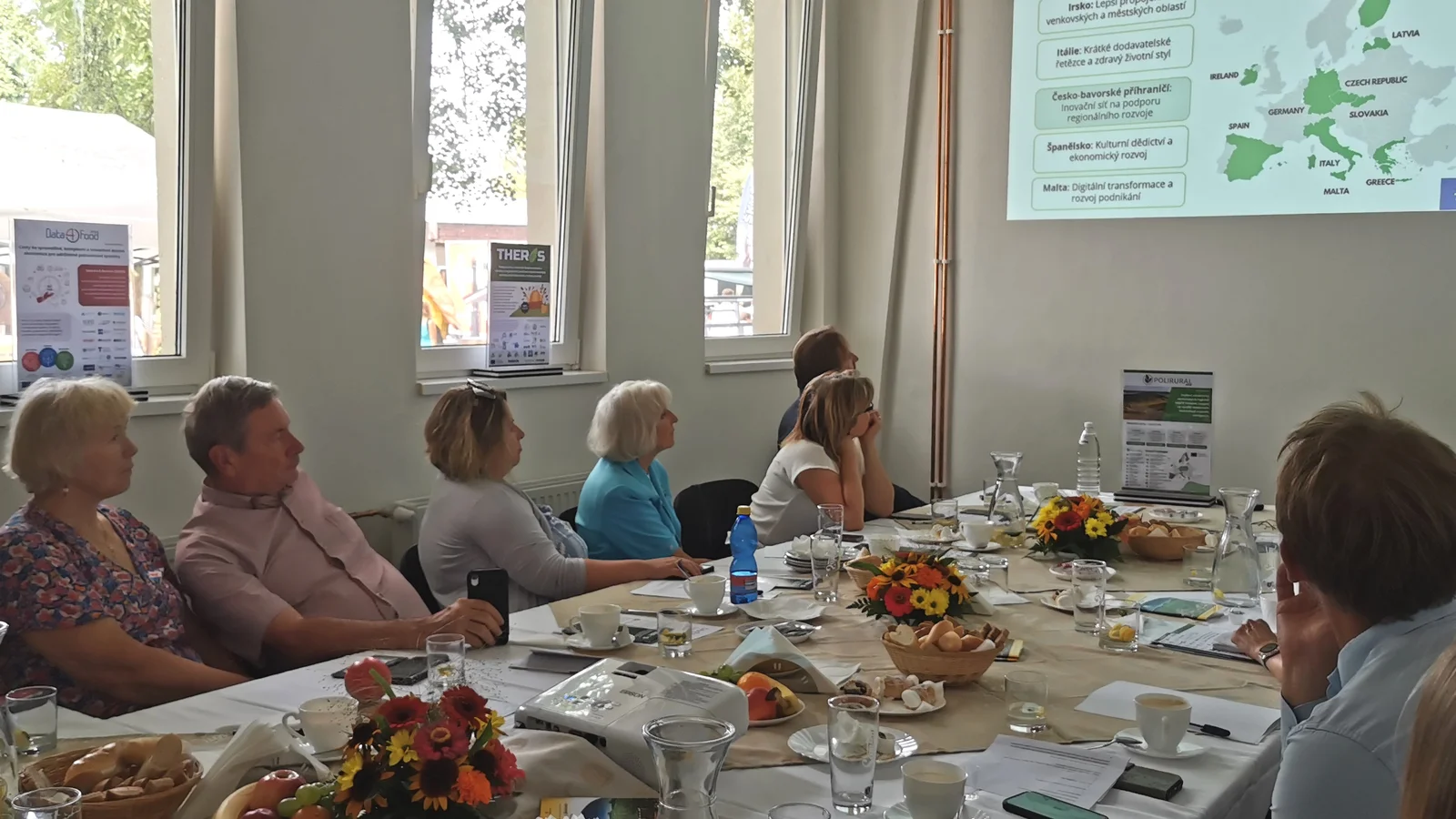
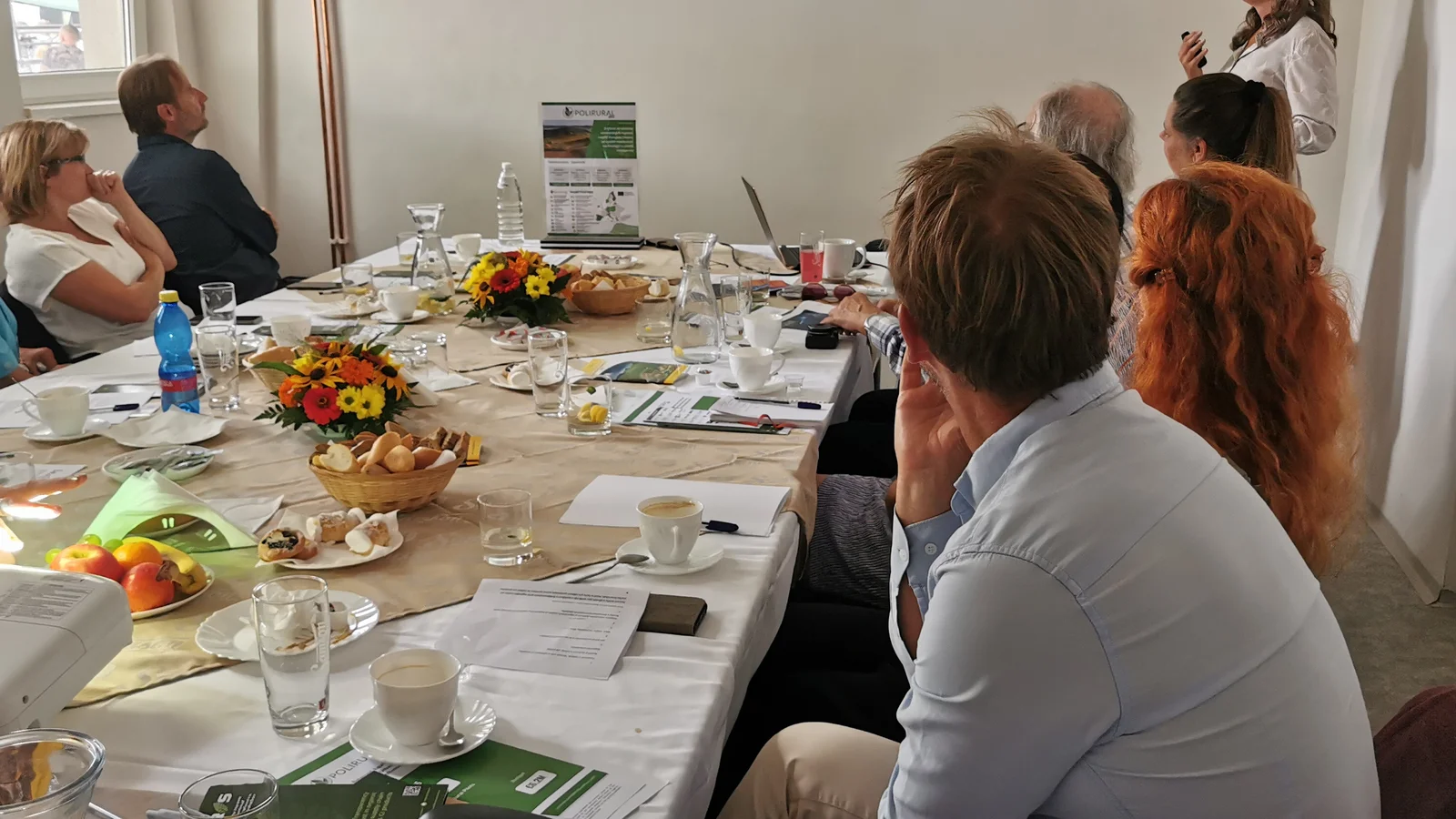
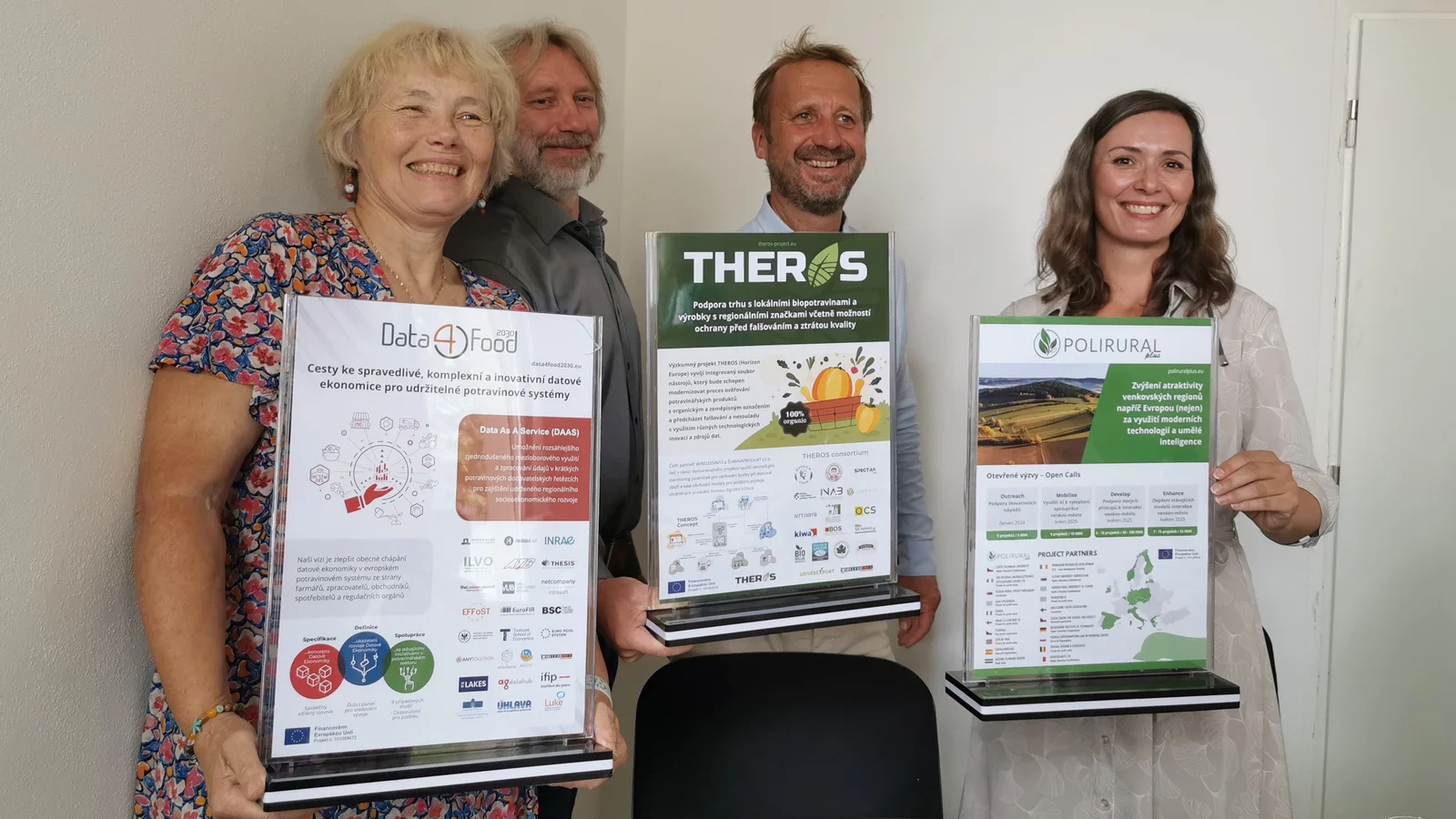
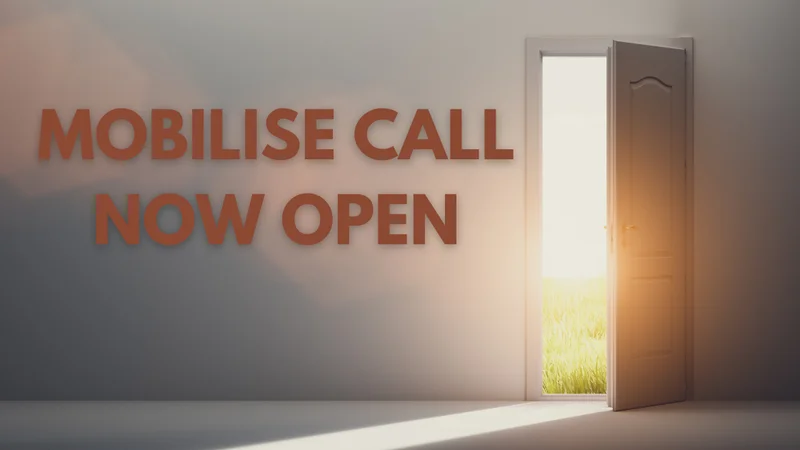
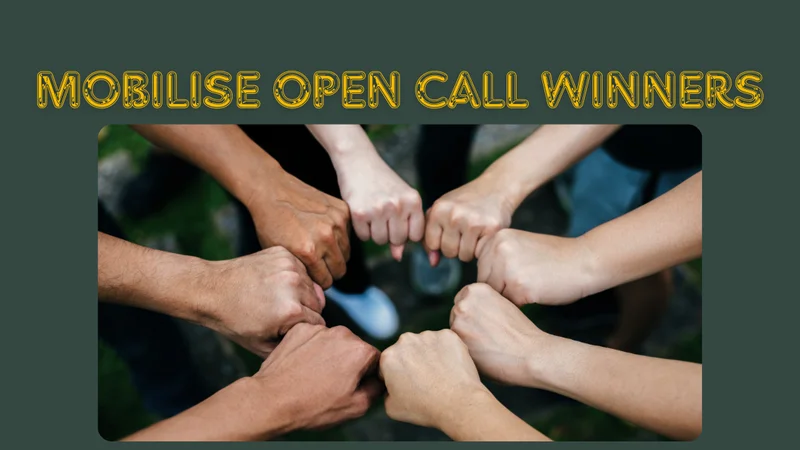
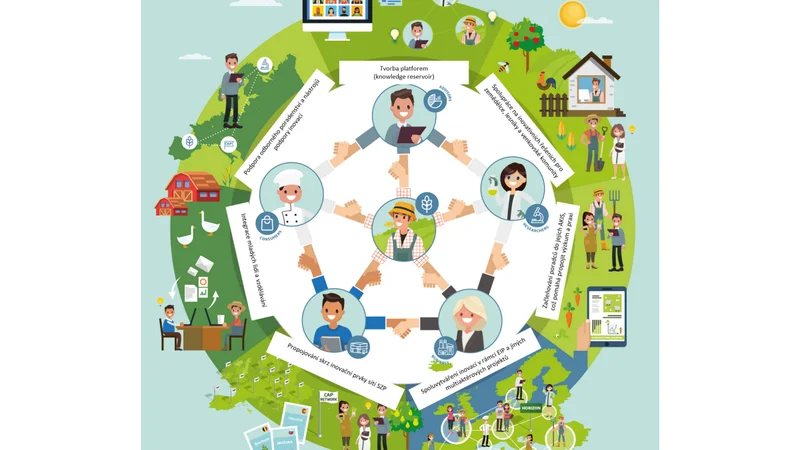
Existing Comments